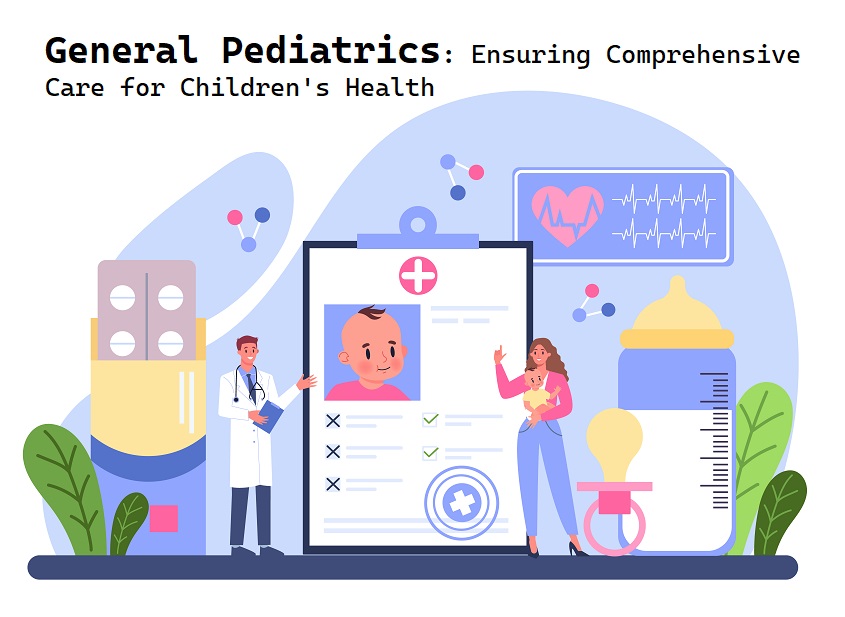
Pediatric healthcare plays a vital role in ensuring the well-being and development of children. From routine check-ups to specialized care, general pediatrics encompasses a wide range of medical services for infants, children, and adolescents. As parents, guardians, or caretakers, it is essential to understand the significance of general pediatrics in maintaining the health and happiness of our little ones.
The Role of General Pediatrics
General pediatrics is a medical specialty that focuses on the health, growth, and development of children from birth to adolescence. It covers various aspects of healthcare, including preventive medicine, diagnosis, treatment, and ongoing management of pediatric conditions. The primary goal of general pediatrics is to promote the optimal physical, mental, and emotional well-being of children while providing support and guidance to their families.
Preventive Medicine and Well-Baby Care
Preventive medicine lies at the heart of general pediatrics. Regular well-baby check-ups and routine vaccinations are crucial in monitoring a child’s growth, development, and overall health. These visits provide an opportunity for pediatricians to assess physical milestones, identify any developmental concerns, and address parental queries or concerns. By detecting and addressing potential health issues at an early stage, general pediatrics helps prevent complications and ensures that children receive timely interventions for optimal health.
Acute and Chronic Illness Management
General pediatricians are equipped to diagnose and manage a wide range of acute and chronic illnesses affecting children. From common childhood ailments like colds, ear infections, and allergies to more complex conditions such as asthma, diabetes, or gastrointestinal disorders, these healthcare professionals are trained to provide accurate diagnoses and formulate appropriate treatment plans. They work closely with families, offering guidance, education, and support to manage illnesses effectively and enhance the child’s quality of life.
Developmental and Behavioral Assessments
Monitoring a child’s development is a critical aspect of general pediatrics. Pediatricians assess various milestones, including physical, cognitive, language, and social-emotional development, to ensure that children are progressing appropriately. They screen for developmental delays, learning disabilities, and behavioral concerns, and when necessary, they provide referrals to specialists for further evaluation and intervention. Early detection and intervention significantly contribute to improved outcomes and better long-term prospects for children.
Collaboration and Coordination
General pediatrics often involves collaboration with other healthcare professionals to provide comprehensive care. Pediatricians work closely with specialists, such as pediatric neurologists, pulmonologists, allergists, and other experts, to ensure a multidisciplinary approach to complex medical cases. This collaboration allows for a holistic understanding of a child’s health and fosters effective coordination of care among various healthcare providers involved in a child’s treatment.
Kiran Infertility Centre: Delivering Exceptional Pediatric Care
Kiran Infertility Centre is renowned for its commitment to providing high-quality healthcare services across various specialties, including general pediatrics. With a team of skilled pediatricians, nurses, and support staff, they prioritize the health and well-being of children through comprehensive care and a family-centered approach.
At Kiran Infertility Centre, they offer a wide range of services, including well-baby check-ups, immunizations, preventive care, acute illness management, chronic disease management, developmental assessments, and behavioral evaluations. They strive to create a child-friendly environment, ensuring that young patients feel comfortable and at ease during their visits.
- Tags:
- General Pediatrics
